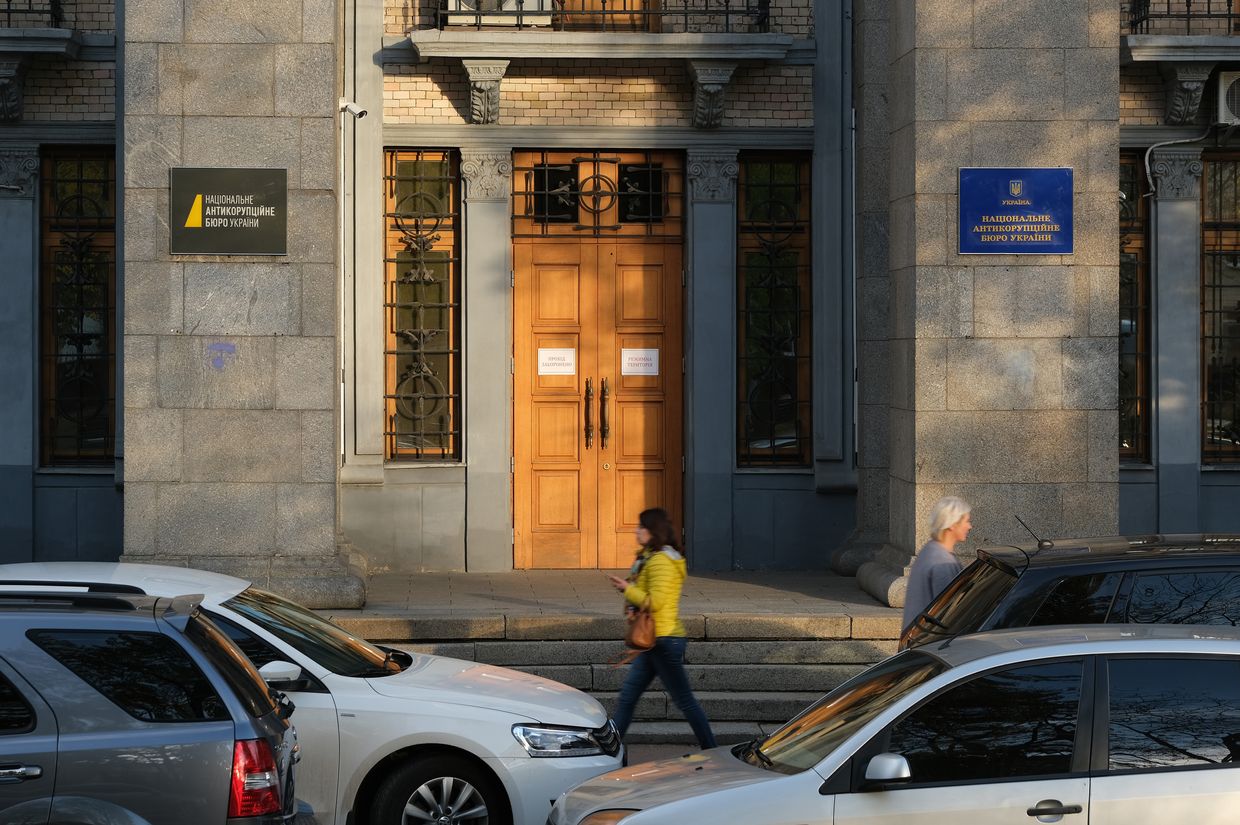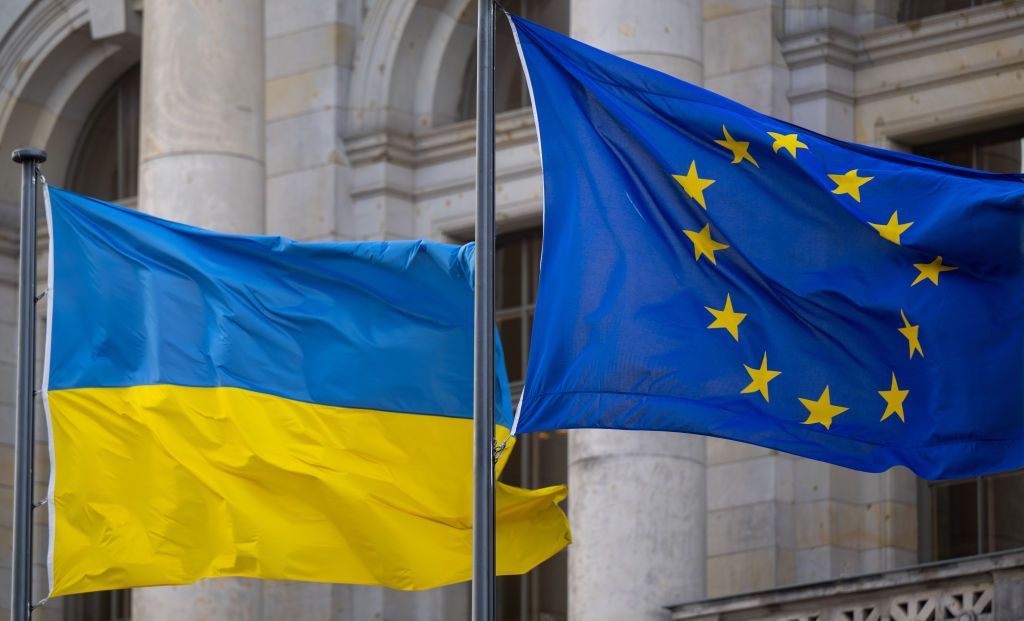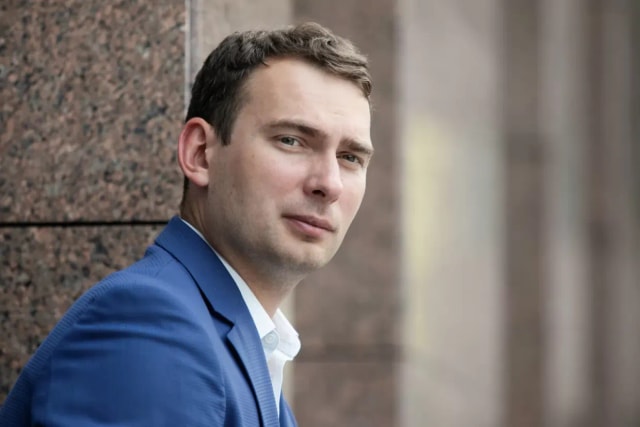MP Yaroslav Zhelezniak: Developments in Ukraine’s parliament on economic reforms, international obligations — Issue 56

Editor’s note: This is issue 56 of Ukrainian lawmaker Yaroslav Zhelezniak’s weekly “Ukrainian Economy in Brief” newsletter, covering events from May 13–19, 2024. The digest highlights steps taken in the Ukrainian parliament related to business, economics, and international financial programs.
The Kyiv Independent is republishing with permission.
IMF benchmarks in focus
The president signed a draft law that was adopted to meet the last structural benchmark till the next review of the IMF program.
President Volodymyr Zelensky signed draft law #11130 which suggests rationalizing matters or issues to be heard in the High Anti-Corruption Court at the first instance by one anti-corruption judge.
However, the draft law makes several exceptions when an accused person may request the case to be heard by three judges. This exclusive right may use accused persons who are sentenced to over 10 years of imprisonment or who hold the positions of the highest state authorities.
This draft law meets the requirement under the structural benchmark #32 of the Memorandum with the International Monetary Fund (IMF) and one of the conditionalities of the draft “Ukraine Plan” within the financial support program with the EU.
The adoption of the draft law was the last structural benchmark with the deadlines before the next program review.
The provision which removes conflict of interest of the NSSMC’s head may be postponed.
The president signed draft law #9456 that regulates the customs clearance procedure for the export of biomethane from Ukraine. The draft law also includes an amendment which may postpone until 2026 the provision to remove a conflict of interest of the current NSSMC’s head adopted with the draft law #9667-1.
World Bank priorities
The Parliament will consider a draft law on vehicle insurance.
On May 21, the Verkhovna Rada will consider draft law #8300 on mandatory civil liability insurance of land vehicle owners. The draft law is aimed to harmonize Ukrainian legislation with the provisions of Directive 2009/103/EU including the gradual increase of insurance sums to the level in the EU countries. The draft also suggests improving compensation mechanisms to injured persons and increasing options to use technologies in conclusion and execution of contracts.
Other key economic issues
The Cabinet of Ministers adopted the mechanism for Ukrainian authorities to work with the Multilateral Donor Coordination Platform.
The governing council of the above mentioned mechanism will include the prime minister, the ministers of finance, economy, justice, the vice-prime minister for reconstruction (who has to be appointed after the dismissal of Oleksandr Kubrakov) and the executive director of the reform fffice of the Cabinet of Ministers.
There will also be a representative of Ukraine in the Multilateral Coordination Platform of Donors, a secretariat to ensure its activities, and an expert council which may consist of experts and representatives of international organizations.
The clear system of authorities and responsibilities should help to track a fullfilment of all requirements within international support programs as well as to improve the work with the Multilateral Donor Coordination Platform on reconstruction, investment projects and dealing with frozen Russian assets.
The Cabinet of Ministers formed a Strategic Investment Council.
The Strategic Investment Council is aimed to be a consultative and advisory body of the government, which will ensure the development of strategic priorities for the implementation of public investments and the agreement with the key stakeholders.
The prime minister is suggested to be the chairman of the Strategic Investment Council with the first vice prime minister of Ukraine, economy minister, finance minister and the vice prime minister for the reconstruction of Ukraine - minister of Community Development, Territories and Infrastructure (who has to be appointed after the dismissal of Oleksandr Kubrakov) as his deputies in the council.
The Cabinet of Ministers submitted a draft law on increasing fuel excise duty.
The Cabinet of Ministers submitted to the Verkhovna Rada draft law #11256 that will gradually increase fuel excise rates from July 1, 2024 till Dec. 31, 2027. For example, the excise on gasoline for cars will be increased from 213,5 euros per 1000 liters to 359 euros per 1000 liters.













